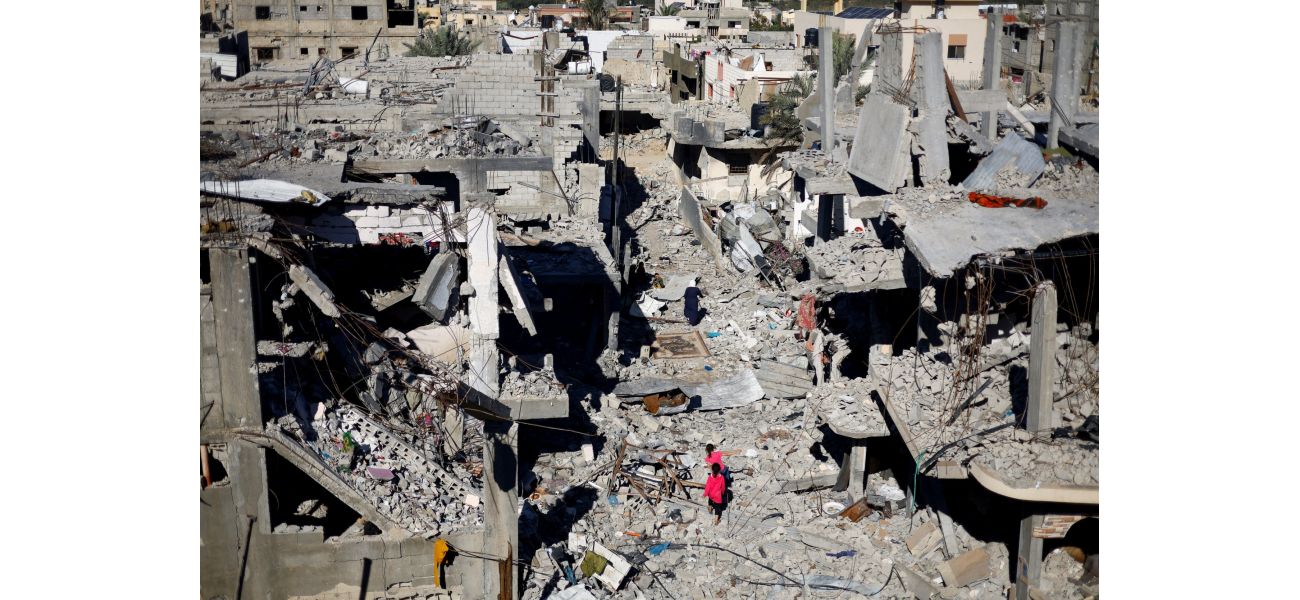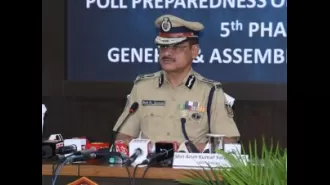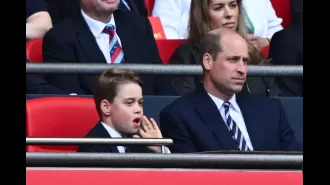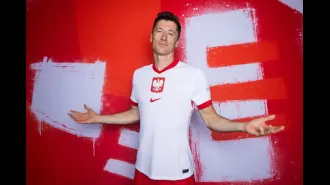Despite the bombings in her father's neighborhood, the speaker's father refuses to evacuate.
Father promised to remain and safeguard his house, unwilling to leave the life he had dedicated himself to.
November 12th 2024.

My family recently made the difficult decision to leave our home in Jabalia, Northern Gaza. The situation had become unbearable with the intensifying Israeli bombardment and ground offensive. It was heart-wrenching to say goodbye to the place we had called home for so many years, the walls that had witnessed our joys, heartaches, and all the small moments that made it our sanctuary.
As I tried to support my family from my home in London, I could feel the pain and uncertainty in their voices. Leaving our home meant leaving behind a piece of ourselves, not knowing if we would ever see it again. But despite all this, there was one member of our family who refused to leave - my father.
At 78 years old, my father has already experienced more displacements than most people could imagine. It all began with the Nakba, the mass expulsion of Palestinians from their homes following the creation of Israel in 1948. He was just a baby when he and his family were forced to flee our family home in Hujj. This single act of forced exile has shaped the lives of generations of Palestinians, including my father who grew up in a tent, with little stability and even less peace.
The trauma of my father's first displacement has woven itself into the fabric of our family's story. And now, here we were again, decades later, facing the same nightmare of leaving everything behind. But my father couldn't bear to do it again. He made the difficult decision to stay and protect the home he had built, pouring his heart and soul into it over the years. "I can't live in a tent again," he told me over the phone, his voice low but steady. "I can't do it."
I could hear the weight of his memories, the years of survival and sacrifice, in his words. It was a heartbreaking decision for him, but for my father, the connection to his land was too sacred to abandon, no matter the cost.
But as my family made their way to Gaza City, they had to pass through an Israeli checkpoint. There, my nephew described how the soldiers separated the men from the women, forcing the men into a pit they had dug in the schoolyard. Some were allowed to go, but others were taken to unknown locations, leaving families in agony. Hearing this, my mind flashed back to my mother's stories from the 70s, when soldiers would gather all the men in the neighborhood and threaten to kill them.
These horrors have been a part of our lives since the Nakba, and now we are experiencing them with a genocidal intensity. Yet, the world seems unmoved, as if our suffering is just a tragic but distant story. But for us, it is our reality. We are human beings with dreams, memories, and lives that matter.
As a child, I didn't fully understand the pain of losing everything, but now, watching the destruction and displacement in Gaza over the past 13 months, I feel the weight my grandmother carried all those years. It's a pain that never truly goes away, as we are forced to rebuild our lives and homes over and over again.
Despite the fear and uncertainty, we have managed to create a vibrant community in Gaza. We have turned refugee camps into towns, built cultural centers, cafes, and museums. Each brick is an act of resilience, a way of saying we will not be defeated. I have fond memories of the beaches where my sisters and I played, the restaurant where I would go for my favorite fish, and the bustling souk where I helped my mother. We have found happiness in the face of hardship, creating a life that is just as vibrant as the spirit of Gaza itself.
But here we are again, trapped in a never-ending cycle, reliving the Nakba over and over. Every time we build something beautiful, it is torn from us. How can we say goodbye to the places that are a part of our story? How can we let go of a life that ties us to our family, our roots, and our history?
It's a grief that runs deep, a heartbreak that feels endless. And yet, amidst all this destruction, people like my father remain defiant. We are faced with the impossible choice of leaving everything behind or being labeled a threat for staying in our own homes.
Do we ever truly move on from 1948? It's a question that weighs heavily on my mind. But despite all the hardships we have faced, we have managed to build a life in Gaza. We have dreams, stories, and a love for our land that cannot be taken away from us. We are not just numbers or statistics on a screen. We are human beings, and our lives matter.
So I ask the world, as you watch from afar, do you see us? Do you see our pain, our struggles, and our resilience? Or are we just another tragic story that is too far away to truly understand?
As for my family, we will continue to hold on to our memories and our dreams, even amidst the destruction. We will continue to fight for our right to exist, to live in our homeland, and to be seen as human beings. And we will always hold on to the hope that one day, we will be able to return to our homes, our land, and our lives.
As I tried to support my family from my home in London, I could feel the pain and uncertainty in their voices. Leaving our home meant leaving behind a piece of ourselves, not knowing if we would ever see it again. But despite all this, there was one member of our family who refused to leave - my father.
At 78 years old, my father has already experienced more displacements than most people could imagine. It all began with the Nakba, the mass expulsion of Palestinians from their homes following the creation of Israel in 1948. He was just a baby when he and his family were forced to flee our family home in Hujj. This single act of forced exile has shaped the lives of generations of Palestinians, including my father who grew up in a tent, with little stability and even less peace.
The trauma of my father's first displacement has woven itself into the fabric of our family's story. And now, here we were again, decades later, facing the same nightmare of leaving everything behind. But my father couldn't bear to do it again. He made the difficult decision to stay and protect the home he had built, pouring his heart and soul into it over the years. "I can't live in a tent again," he told me over the phone, his voice low but steady. "I can't do it."
I could hear the weight of his memories, the years of survival and sacrifice, in his words. It was a heartbreaking decision for him, but for my father, the connection to his land was too sacred to abandon, no matter the cost.
But as my family made their way to Gaza City, they had to pass through an Israeli checkpoint. There, my nephew described how the soldiers separated the men from the women, forcing the men into a pit they had dug in the schoolyard. Some were allowed to go, but others were taken to unknown locations, leaving families in agony. Hearing this, my mind flashed back to my mother's stories from the 70s, when soldiers would gather all the men in the neighborhood and threaten to kill them.
These horrors have been a part of our lives since the Nakba, and now we are experiencing them with a genocidal intensity. Yet, the world seems unmoved, as if our suffering is just a tragic but distant story. But for us, it is our reality. We are human beings with dreams, memories, and lives that matter.
As a child, I didn't fully understand the pain of losing everything, but now, watching the destruction and displacement in Gaza over the past 13 months, I feel the weight my grandmother carried all those years. It's a pain that never truly goes away, as we are forced to rebuild our lives and homes over and over again.
Despite the fear and uncertainty, we have managed to create a vibrant community in Gaza. We have turned refugee camps into towns, built cultural centers, cafes, and museums. Each brick is an act of resilience, a way of saying we will not be defeated. I have fond memories of the beaches where my sisters and I played, the restaurant where I would go for my favorite fish, and the bustling souk where I helped my mother. We have found happiness in the face of hardship, creating a life that is just as vibrant as the spirit of Gaza itself.
But here we are again, trapped in a never-ending cycle, reliving the Nakba over and over. Every time we build something beautiful, it is torn from us. How can we say goodbye to the places that are a part of our story? How can we let go of a life that ties us to our family, our roots, and our history?
It's a grief that runs deep, a heartbreak that feels endless. And yet, amidst all this destruction, people like my father remain defiant. We are faced with the impossible choice of leaving everything behind or being labeled a threat for staying in our own homes.
Do we ever truly move on from 1948? It's a question that weighs heavily on my mind. But despite all the hardships we have faced, we have managed to build a life in Gaza. We have dreams, stories, and a love for our land that cannot be taken away from us. We are not just numbers or statistics on a screen. We are human beings, and our lives matter.
So I ask the world, as you watch from afar, do you see us? Do you see our pain, our struggles, and our resilience? Or are we just another tragic story that is too far away to truly understand?
As for my family, we will continue to hold on to our memories and our dreams, even amidst the destruction. We will continue to fight for our right to exist, to live in our homeland, and to be seen as human beings. And we will always hold on to the hope that one day, we will be able to return to our homes, our land, and our lives.
[This article has been trending online recently and has been generated with AI. Your feed is customized.]
[Generative AI is experimental.]
0
0
Submit Comment





